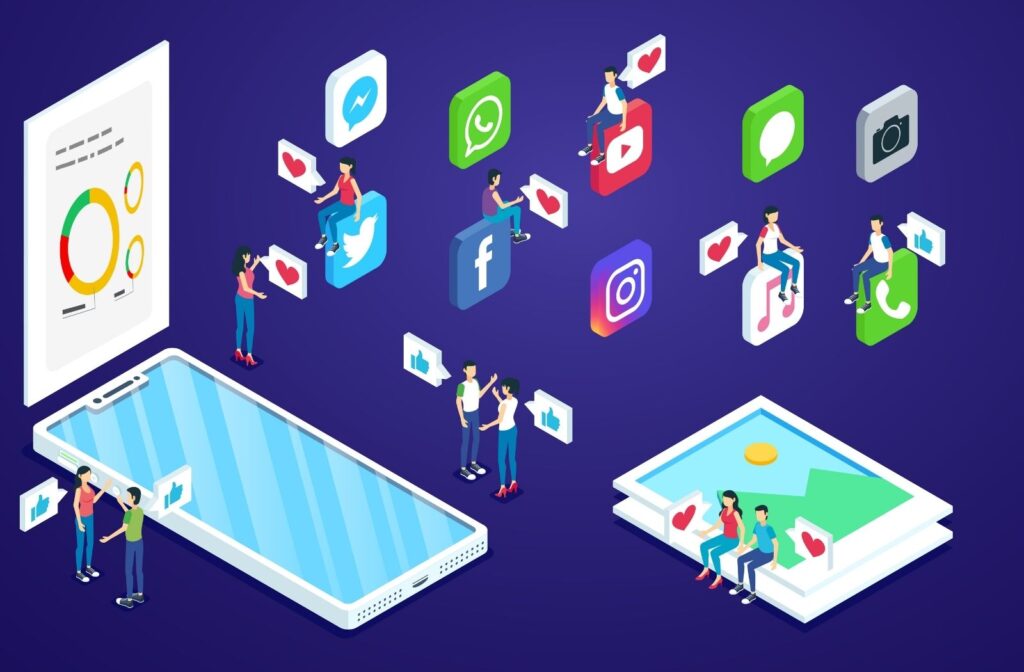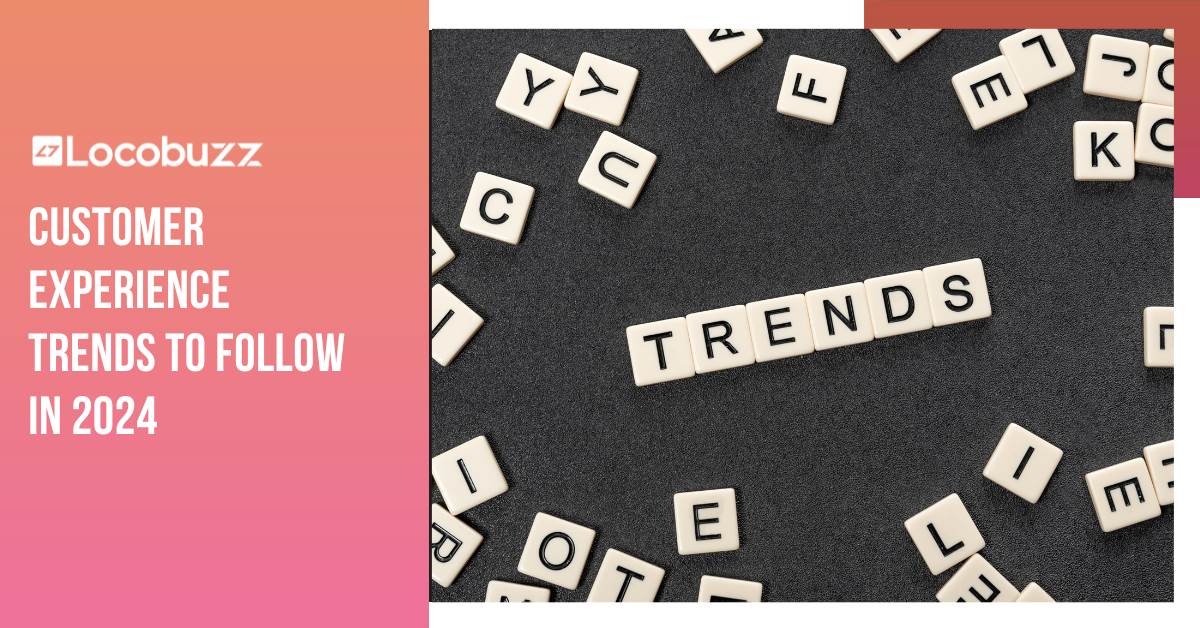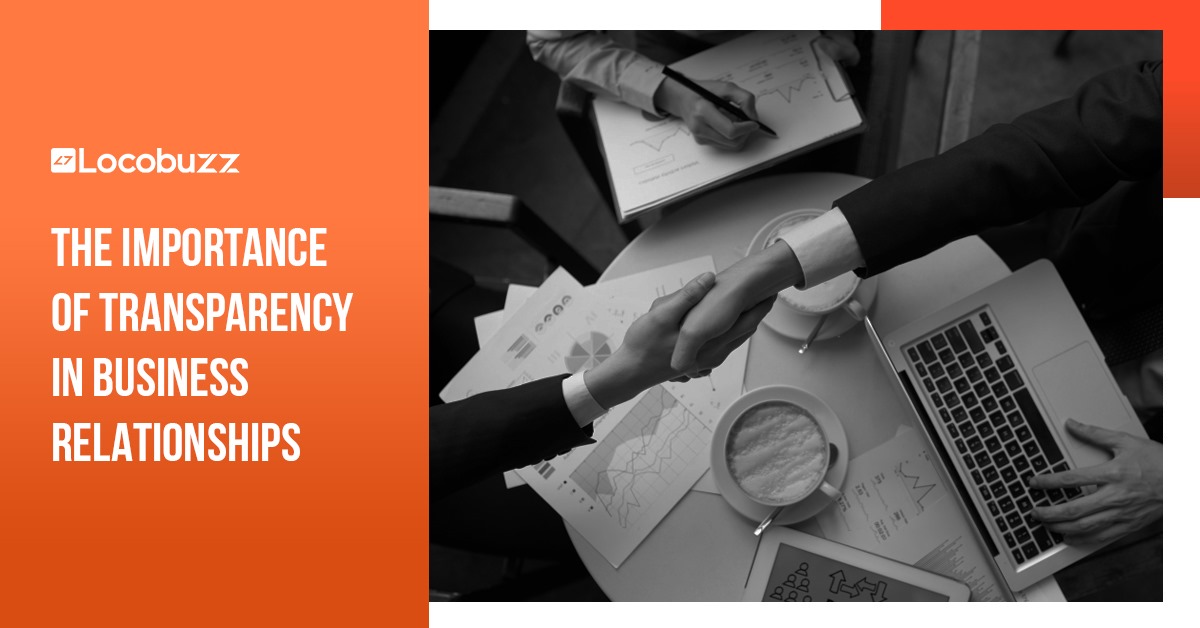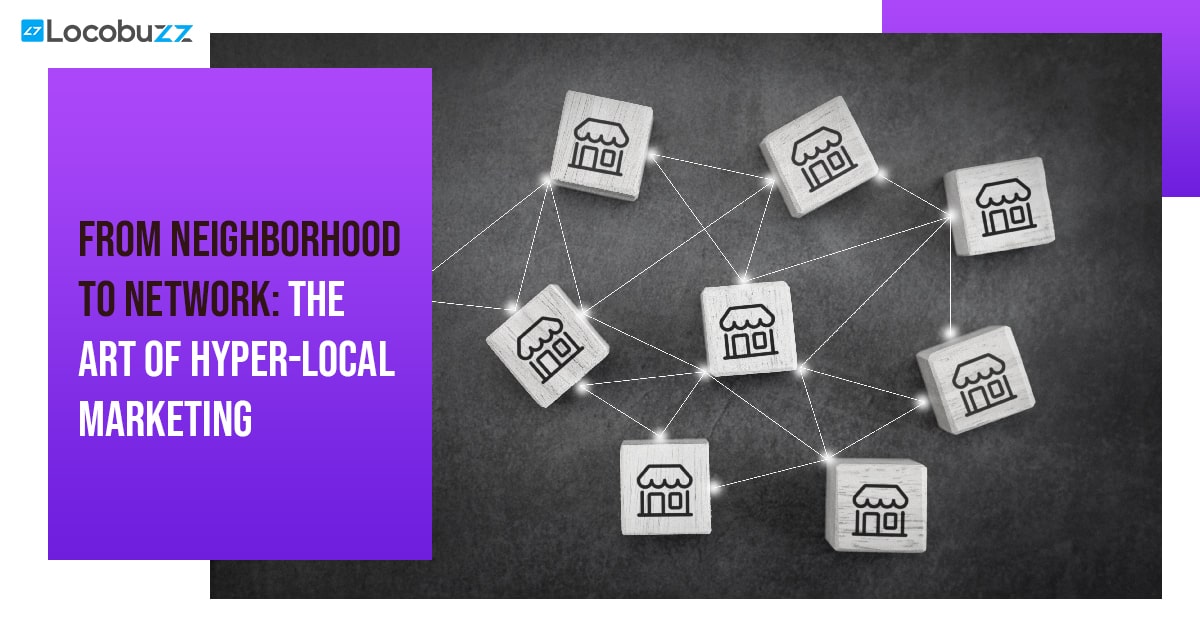Why Is Social Listening A Critical Spend In 2024?

Why social listening?
The Covid-19 crisis calls for strategic adaptation, and Social Listening might be the only way to do it.
The coronavirus is the unshakable truth that will continue to loom over our lives like impending doom. While this means lesser handshakes and more video calls, for a brand the digital migration of both business and customers should’ve already happened.
Now that you’re here, have you thought about how your brand will strategically adapt to the digital realm where Customer Experience Management is completely redefined?
Table of Contents
Customer experience in 2024
Customer Sentiment is changing market structures by the hour. Recently, Cultfit promoted a month-long free trial of live fitness classes to emphasize two things: That fitness really is an essential commodity, and you don’t need to be in a gym to experience the workout you need. That right there’s a brand strategically adapting to a crisis.
In fact, McKinsey’s April 2020 report shows a global increase of 80% to 250% in new signups and fitness app downloads. The same study showed that Italy alone saw a 40-50% increase in the use of Facebook to reach out to brands.
Most large-scale industries have already shifted their communication from direct advertising to pushing out marketing material relevant to the crisis. For example, Zomato went from advertising offers and discounts to focusing on hygienic delivery – something that they’ve never done before.
Their consistent online presence and quick action have made adapting to a crisis very smooth. However, adaptation also requires monitoring. Are your efforts being paid off in the large digital realm of customers? This is where the role of Social Listening Tools really matters.
How social listening helps brands adapt to the post-covid world
Social Listening offers a robust picture of not just your customer’s behaviors, but also the behavior of your competitors. How has the competition been affected by the crisis, and what are they doing differently to stay afloat, or even succeed? Unveiling your concerns about share-of-voice in a crisis like this may not actually be a bad thing.
- Competition Benchmarking
Many brands push out content highlighting support and adjustments to their customers online hoping they are still a fan-favorite. When you benchmark against the competition online, you compare how the target group responds to your competition’s communication as opposed to yours. You know what areas the competition is faring well, and what areas they aren’t. Knowing the kind of engagement you and your competition receive is critical, and social listening tools are designed to relay such information.
- Boosts Business Intelligence
Social Listening is directly integrated with point-of-sale systems that can really boost business intelligence. The pharmaceutical industry, for example, traditionally a retail-driven industry, has slowly shifted operations online. Pharma Sales use social listening tools to not just integrate with the customer base through CRM facilities, but also to engage with digital communities for new insights and keeping an eye out for potential leads.
As a pharma brand, it’s an onus to curb misinformation about Covid-19, fake medical solutions, and the general fear of the pandemic. Additionally, it would be in the brand’s interest to know what their customers are saying about product categories, liaising with your vendor partners, feedback on medicinal delivery, the status of operations, and much more.
- Change in Influencer Behavior
An interesting and prominent change is Influencer behavior. Ever since customers limited purchases to essentials, the influencer market has had to rethink adjusting to value marketing. In times of need, it seems evident to people that those interested in profitability might not rise from this crisis even after it fades.
Social listening tools help drive strategic partnerships and form effective engagement ties with those relevant to your current communication and adaptation strategy. Influencer communication in this crisis is certainly important and knowing where to invest is highly critical.
Conclusion
There are many advantages of investing in social listening platforms during the pandemic, but most essential is the knowledge of what your business can or cannot handle. Your brand will gain the power of preparing for whatever turn of events may come in the unexpected and untamed bracket of time.
For all these reasons, Social Listening is a critical investment and, for many businesses, a life source that they cannot do without.






















